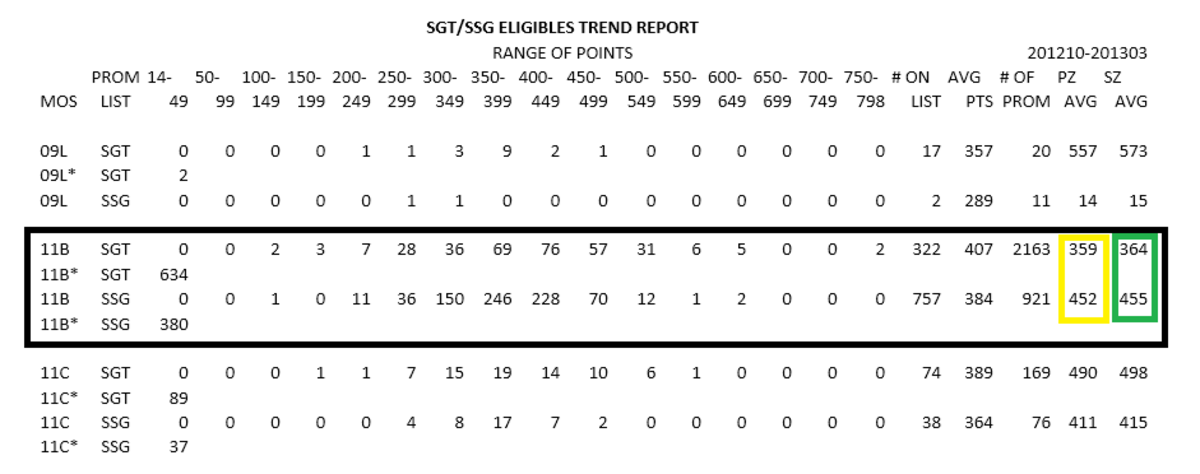Presidential Term Evaluations
We as individuals and as voters make an evaluation of a President’s term of office. Some of this is generated while a President is actually in office and others after they have left. This is our right to determine how well a President has served us based on our perception of the decisions that have been made or were made as part of his term. We also have our own process of how we evaluate the actions of a President but the question which needs to be answered is how should a President’s term of office be evaluated and by whom?
We have had great Presidents and we have had some who were misunderstood while they were in office. This is understandable dependent upon the times a President was in office. Some Presidents have had their evaluations changed in later years based on how the actions taken were evaluated differently. Some Presidential decisions had greater impact on future generations than at the time they were made.
Those who write history books also present their evaluations of how the various Presidential terms are judged. The manner in which they are judged may, but not necessarily, be impacted by the political party to which they belong or their political beliefs with regards to actions taken by a President while in office. The evaluation of any President's term of office must be honestly and objectively evaluated based on the facts when they were in office. Any president deserves that consideration. Objective evaluations of a President have a greater impact than us as individuals since he is the leader of the free world. The point I am making is that the process of evaluating the decisions of a President needs to be defined if not already. The process not only needs to be defined but the individuals who have the responsibility and authority to evaluate the terms of Presidents for the history of our country. Part of the evaluation needs to consider the times in which a President was in office and the actions taken by him personally. This is just one criterion that needs to be a part of the evaluation process. In the subsequent paragraphs are some suggestions that I feel should be considered in evaluating a President’s term of office.
The first involves the decisions of Congress in place during a President’s term of office. The President can only propose legislation it is up to Congress to evaluate the necessity and content and take action to support it or reject it. Part of this process is the decision of the President to accept legislation passed by Congress or to reject it through his veto power. These decisions should be part of the process in judging Presidential decisions and ultimately in a collective manner his term of office.
Another aspect of evaluating a Presidential term is the details of the state of the union address which is presented to Congress each year. This involves identifying the objectives he sees for Congress in the coming legislative session. This is followed by a proposed budget which identifies how he wants his objectives to be achieved through the various agencies and departments of the government. The budget or the overall proposal for his objectives for the coming fiscal year is a document which lays out the proposed funding levels for the various agencies within the government. This is accomplished through supporting the agencies and departments in carrying out their assigned responsibilities with adequate funding.
Another area on which a President should be judged is the state of the economy when he began his term of office and the state of the economy when leaving office. It must be understood that Congress has a role in the situation but the President should be evaluated on how his decisions impacted the economy while in office.
Another aspect of evaluating a President should involve how the President was perceived through the votes of the public during his term of office. The policies of a President and their acceptance or rejection of them can be seen within the results of elections while he was in office. Election results are the way voters show their agreement or disagreement with Presidential policies and Congressional action against or for those policies. We have witnessed this in the recent mid-term election results.
In addition to the conditions identified above his cabinet have distinct responsibilities and duties to the American public. The President can issue executive orders to address situations not covered by legislation with regards to his position on various issues. The issuance of executive orders is another area on which a President should be evaluated.
As President he has the power to approve pardons for various individuals who have committed crimes against society. The nature of the crimes and whether a President accepts the request for pardon should also be involved in the evaluation of a President. In past administrations many pardons have been approved by the President based on input from others and some decisions have been questioned especially if they occurred at the last hours of a Presidency. These pardons may be appropriate or not but the decisions involved in them should be part of the evaluation criteria.
The above evaluation criteria I have presented may not provide a complete listing of what conditions should be used to evaluate the term of office of a President. While I have identified some examples of activities on which to evaluate Presidents there are other individuals who have an impact on the success of a President. However, his decisions are his own and those decisions should be judged based on their merit. I respect the office of President and while we as voters may not always agree with decisions made those decisions should be evaluated collectively as part of his term of office.



